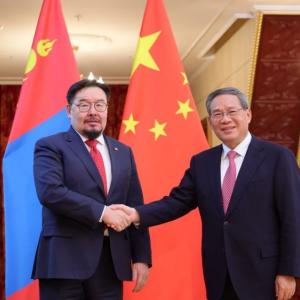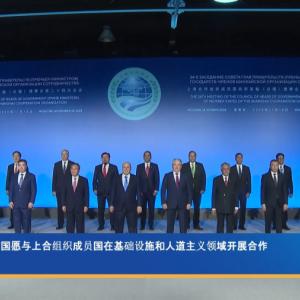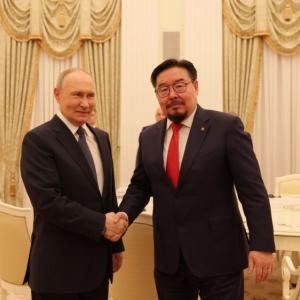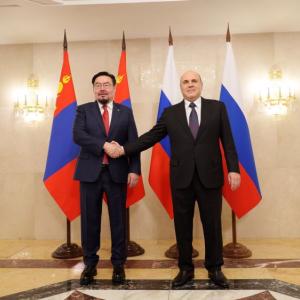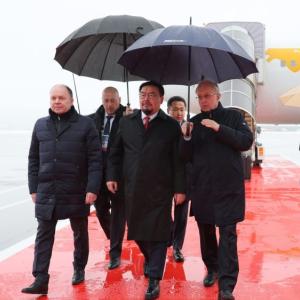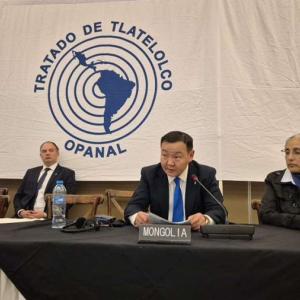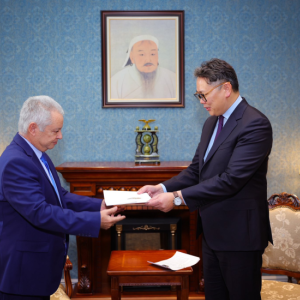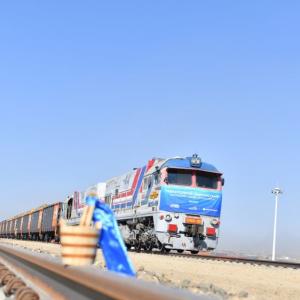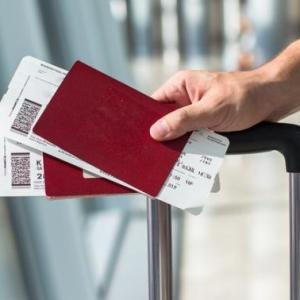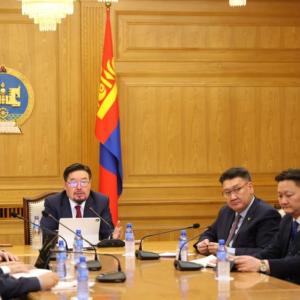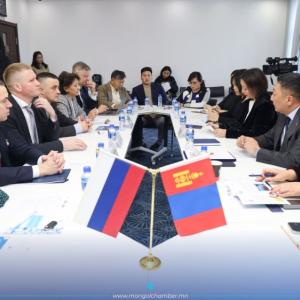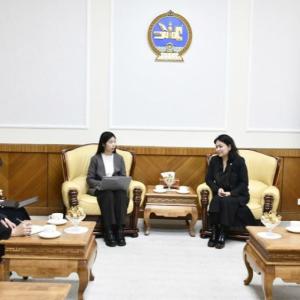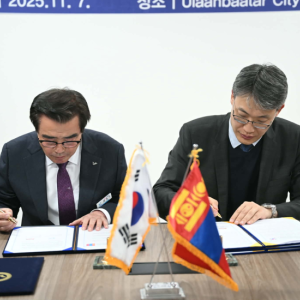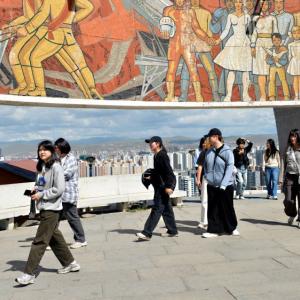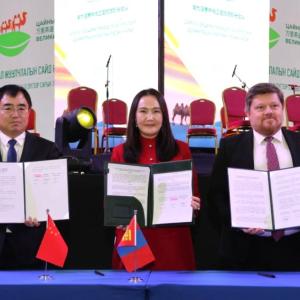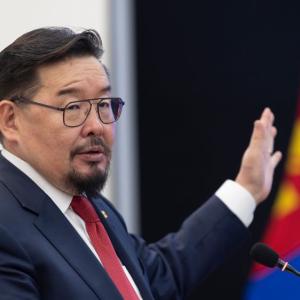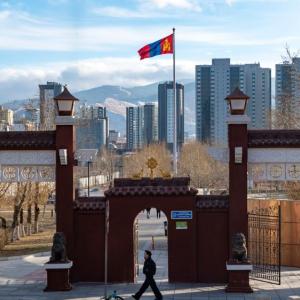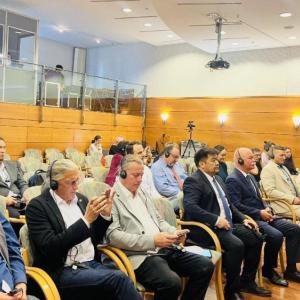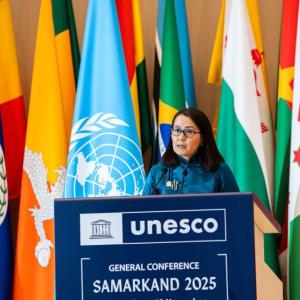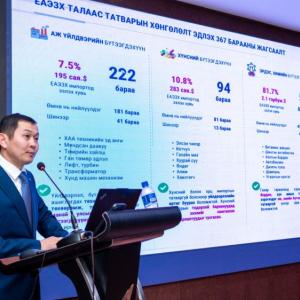272.4 thousand citizens involved in nationwide medical checkups
Politics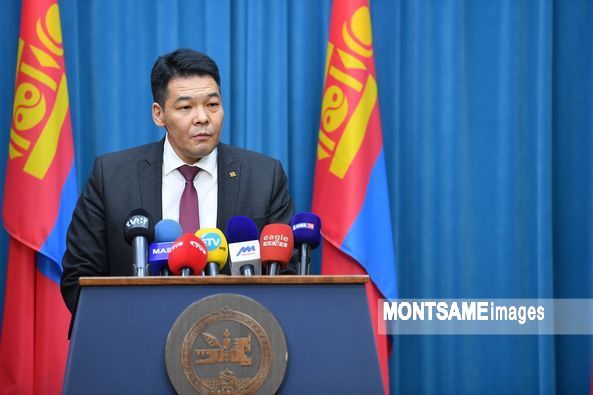
Ulaanbaatar /MONTSAME/. At the Cabinet meeting, Minister of Health S.Enkhbold did a presentation on the progress of the nationwide early-detection checkups.
Earlier this year, the Cabinet made a decision to launch the nationwide early-detection checkups from May 1. 272.4 thousand citizens have been involved in the early-detection checkups since the beginning of the campaign on May 1.
“State-owned and private hospitals have been selected to conduct examinations based on the capacity of hospitals and personnel resources, and early-detection checkups are being organized in 118 hospitals nationwide, In addition, Health Promotion Centers were established in 20 aimags and five districts in order to increase the capacity of rural areas and involve as more people as possible”, said the Minister.
Adults are being involved in 19 types of medical checkups. The medical checkups include the diagnosis of cardiovascular disease, diabetes, and tuberculosis, assessment of mental and general physical health, blood and urine tests, glucose, pap smear, hepatitis B and C, rapid tests for syphilis and HIV, electrocardiogram, endoscopy, gastroscopy, and ultrasound tests for the chest and abdominal areas as well as thyroid.
As for children up to the age of 18, they are being involved in six types of medical checkups. This includes diagnosis of non-infectious diseases, mental health assessment, dental checkup, eye exam, and tuberculosis test.
The Government of Mongolia launched works to involve the population in preventive and early-detection checkups in 2018. However, the participation of the people was only at 10 percent. Therefore, this year, MNT 60.8 billion is being allocated from the state budget to the Health Insurance Fund to carry out this program.
While an average of MNT 11.2-12.3 million is spent on the treatment of a single patient, it is estimated that costs are able to be significantly saved by annually involving citizens in MNT 150 thousand worth of tests and diagnosis.
The Minister noted that the checkups is not only significant in creating the country’s unified health data, but also prevent people from financial burdens related to health.
 Ulaanbaatar
Ulaanbaatar






